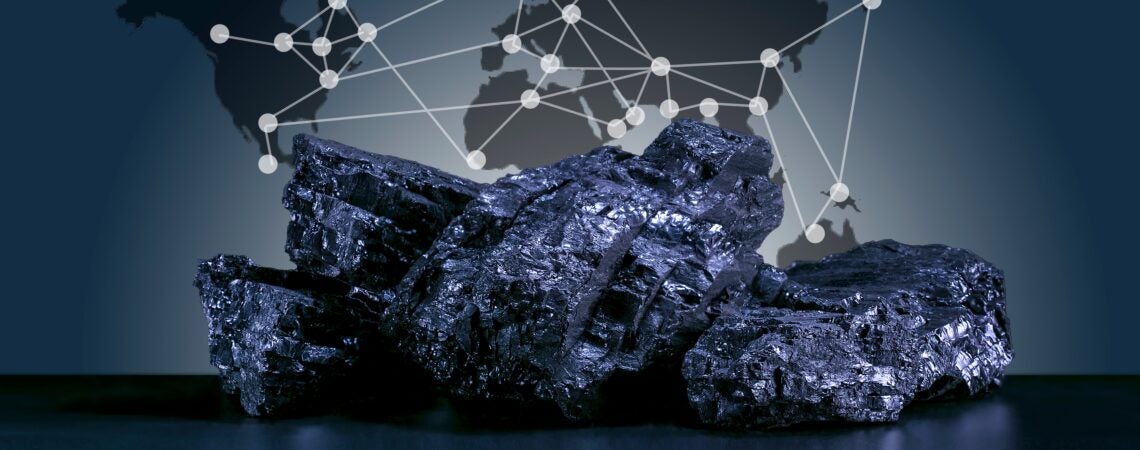The world’s transition to sustainable energy systems has suddenly become a boon to countries rich in critical minerals used in clean energy technologies like rechargeable batteries, solar panels, wind turbines, and electric vehicles. Among these critical minerals are aluminum, coltan, copper, aluminum, zinc, tin, rare earths, lithium, tantalum, and cobalt. Given that these minerals are key to building sustainable energy systems, vital for ensuring military might, and often extremely valuable, will countries with large, exportable endowments of these minerals fall prey to the resource curse? Hendrix says these countries may find their newfound wealth to be a mixed blessing. The size of the markets for these resources and their marginal production costs suggest that they do not have the potential to generate massive rents the way that oil and gas production have. Given that these rents are the source of many ills—authoritarianism, reduced investment in human capital, poor human rights records—this is good news. But because several of these minerals can be mined artisanally, they may lead to governance challenges related to armed conflict. Their status as strategic resources will invite major power meddling and interventions—but only if mineral-rich economies are forced to align themselves and access to their resources with a major power, like the United States or China. The 20th century’s scramble to secure oil resources led to cursed dynamics in oil-rich societies, but historical precedent is not destiny. Mineral-rich countries may avoid the resource curse, especially if they develop diverse investment and trading relationships to balance major power interests in their mineral wealth and embrace industry- and civil society–led good governance initiatives around mineral resources.
pb22-1To read the full report by the Peterson Institute for International Economics, please click here.

